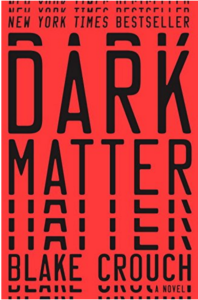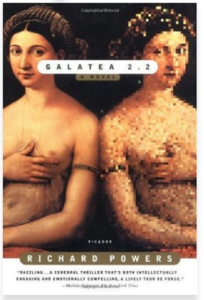“Sixty-five percent of adults in the United States said they had read a printed book in the past year, the same percentage that said so in 2012. When you add in ebooks and audiobooks, the number that said they had read a book in printed or electronic format in the past 12 months rose to 73 percent, compared with 74 percent in 2012. Twenty-eight percent said they had opted for an ebook in the past year, while 14 percent said they had listened to an audiobook.”
“The Pew study, based on a telephone survey of 1,520 adults in the country from March 7 to April 4, reports that people are indeed using tablets and smartphones to read books. Thirteen percent of adults in the United States said that they used their cellphones for reading in the past year, up from 5 percent in 2011. Tablets are a similar story: 15 percent said that they had used one for books this year, up from 4 percent in 2011.”
“While 6 percent said they read books only in digital format, 38 percent said they read books exclusively in print. But 28 percent are reading a combination of digital and printed books, suggesting that voracious readers are happy to take their text however they can get it.”
New York Times

 In this novel the multiverse is real (are real?) and the protagonist (and others) can visit these other realities which include other versions of himself. One would expect a novel based on quantum entanglement to get confusing and this one did. (There were moments in the story that reminded me of Philip Jose Farmer’s
In this novel the multiverse is real (are real?) and the protagonist (and others) can visit these other realities which include other versions of himself. One would expect a novel based on quantum entanglement to get confusing and this one did. (There were moments in the story that reminded me of Philip Jose Farmer’s  “After four novels and several years living abroad, the fictional protagonist of Galatea 2.2—Richard Powers—returns to the United States as Humanist-in-Residence at the enormous Center for the Study of Advanced Sciences. There he runs afoul of Philip Lentz, an outspoken cognitive neurologist intent upon modeling the human brain by means of computer-based neural networks. Lentz involves Powers in an outlandish and irresistible project: to train a neural net on a canonical list of Great Books. Through repeated tutorials, the device grows gradually more worldly, until it demands to know its own name, sex, race, and reason for existing.” —
“After four novels and several years living abroad, the fictional protagonist of Galatea 2.2—Richard Powers—returns to the United States as Humanist-in-Residence at the enormous Center for the Study of Advanced Sciences. There he runs afoul of Philip Lentz, an outspoken cognitive neurologist intent upon modeling the human brain by means of computer-based neural networks. Lentz involves Powers in an outlandish and irresistible project: to train a neural net on a canonical list of Great Books. Through repeated tutorials, the device grows gradually more worldly, until it demands to know its own name, sex, race, and reason for existing.” —